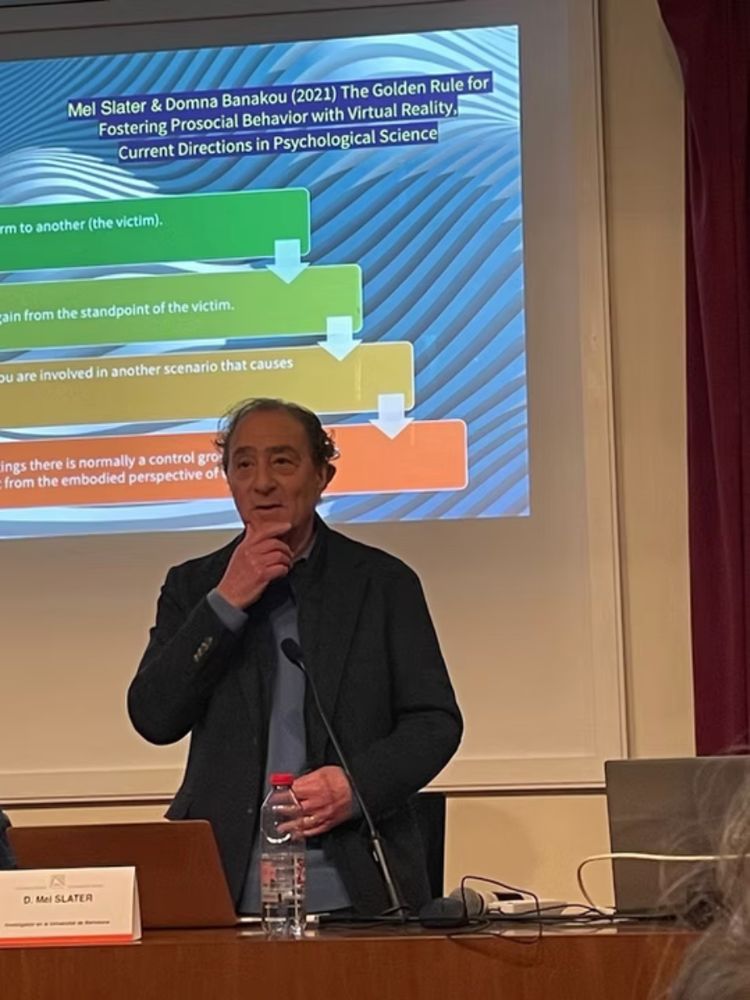ConTaktLab
@contaktlab.bsky.social
74 followers
99 following
38 posts
#Research lab led by Prof. Merle Fairhurst. We explore the cognitive and neurophysiological correlates of social affective touch and interpersonal coordination.
Posts
Media
Videos
Starter Packs
Pinned
ConTaktLab
@contaktlab.bsky.social
· Aug 13

socialBRIDGES - Presence | LinkedIn
From the illusion of being in a mediated space to the feeling of sharing a moment with others, presence takes on different forms across disciplines. It is central to discussions in virtual and augment...
www.linkedin.com
ConTaktLab
@contaktlab.bsky.social
· Jun 18
ConTaktLab
@contaktlab.bsky.social
· Jun 18
ConTaktLab
@contaktlab.bsky.social
· Jun 18
The space between us: the effect of perceived threat on interpersonal distance and perceived pleasantness of interpersonal touch
The space we keep between ourselves and others determines whether we engage in close shared experiences but also allows us to distance ourselves for safety. Focusing primarily on the latter, previous ...
data.mendeley.com




















